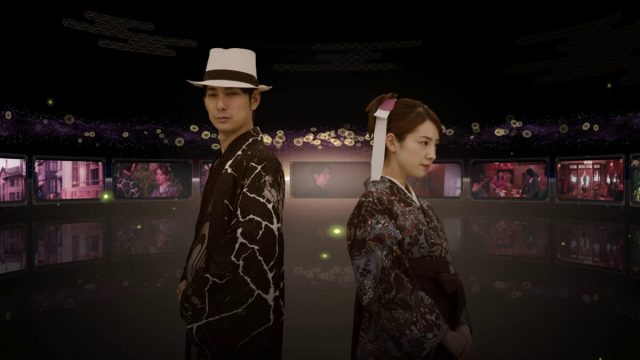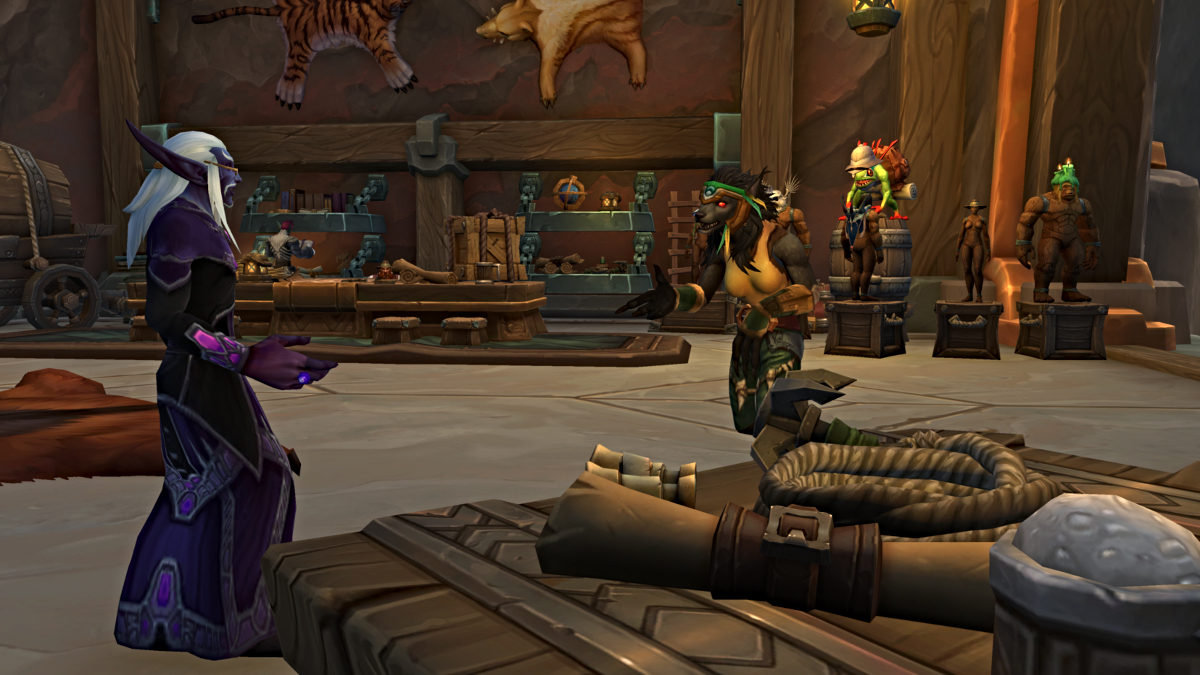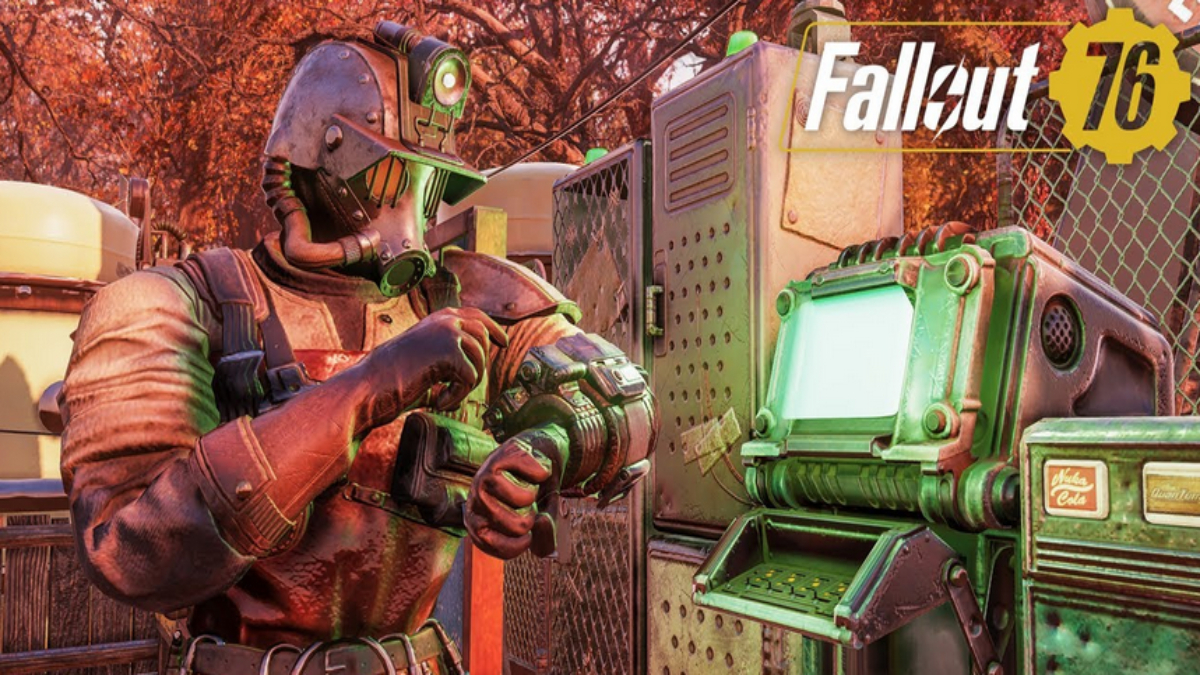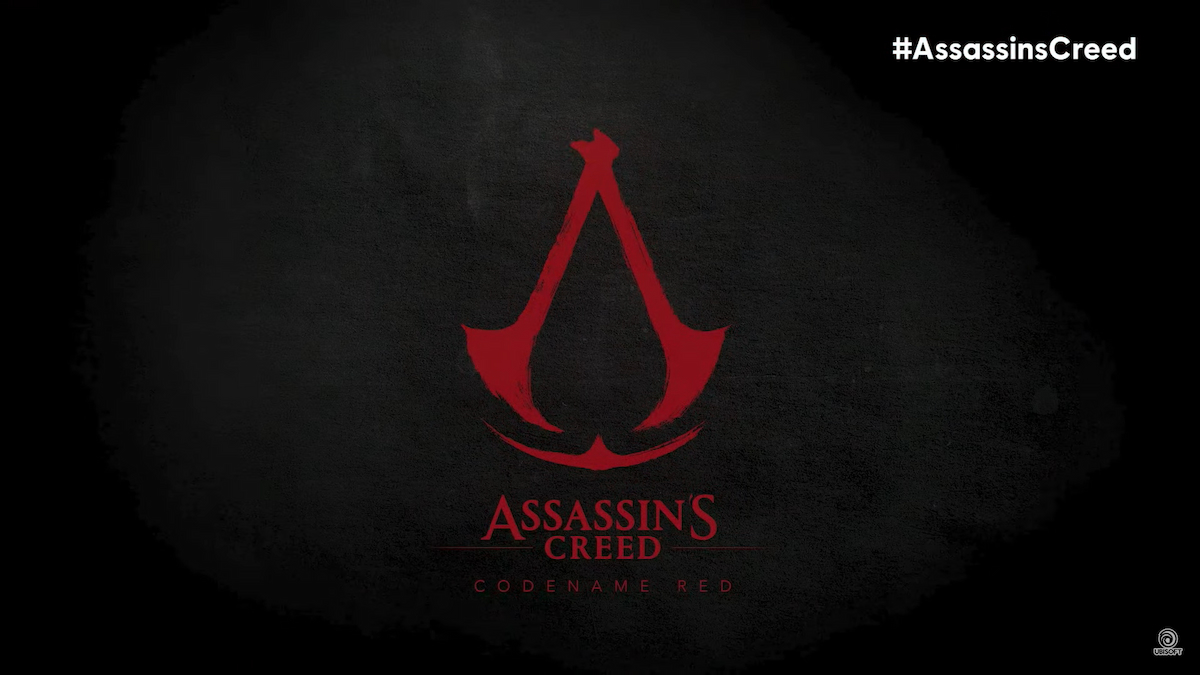Square Enix just released The Centennial Case: A Shijima Story, a live-action mystery-adventure game that is rather unusual for the publisher given the genre doesn’t fall in line with its current porfolio.
Yet, it certainly succeeded in delivering a great detective story deeply rooted in Japanese culture.
To know more about the game, Twinfinite interviewed producer Junichi Ehara (co-producer of NieR Automata), director Koichiro Ito (known for his work on Metal Gear Solid V), and cinematographer Yasuhito Tachibana (who worked as a producer on Netflix’s The Naked Director).
Giuseppe: How was the idea of creating a live-action game like this born?
Junichi Ehara: This project was initiated by myself, Ito-san, and Tachibana-san, and it was born because the greatest thing the three of us could make together was a game with live-action elements.
Koichiro Ito: Another reason is that we were inspired by games like “Her Story” and “Late Shift”.
Giuseppe: Usually, live-action games are associated with smaller studios. What was the reaction like at Square Enix, when you pitched this project?
Junichi Ehara: There was surprise, but no one objected. I think this might be because the members of the production team had a good track record.
Giuseppe: What are the main challenges of this kind of game compared to a traditional one?
Junichi Ehara: Once live-action footage is shot there is no going back, so you have to create a fail-proof scenario before filming starts. For better or worse, this was a project where nothing could be redone.

Giuseppe: The game seems to be very deeply rooted in Japanese culture. Was there any hesitation about localizing it for the west, and do you think the western audience will appreciate it?
Junichi Ehara: Localization for the Western market was in our minds even before pre-production. This was also related to the way we crafted the tricks, so we explained this to each new member of the team. We did not include any puzzles that could only be understood by Japanese people, but rather puzzles that could be universally understood anywhere in the world.
When we started working on this game, “Ghost of Tsushima” was released and achieved good sales results. Given this fact, we believe that Western video game fans will like the world setting of this game as well.
In addition, there is a proper glossary of terms, so playing this game will help players become familiar with Japanese history, culture, and customs!
Koichiro Ito: I am not sure if this will be favorably received, but I freely created what I like and understand, such as Japanese culture and art, and a new authentic mystery.
Giuseppe: When you cast actors for a live-action game, how do the process and requisite change compared to actors for other kinds of games and for linear live-action movies and shows?
Junichi Ehara: Since our main objective was to create a game, we thought it would be difficult to assign an actor who might not be well-liked by game fans. We left the rest to Tachibana-san.
Yasuhito Tachibana: In a positive sense, it was necessary that the actor’s personality not be too well known to the world. Or, in order for everyone around the world to enjoy the game, we tried to select people who could give convincing performances that could be understood globally, regardless of their past achievements.

Giuseppe: Games that involve live-action tend to be limited in gameplay. How did you address this and how did you overcome these limits?
Koichiro Ito: Each chapter is divided into three parts, the “Incident Phase”, “Reasoning Phase”, and “Solution Phase”, and the gameplay consists of “observing”, “thinking”, and “matching answers”, respectively.
Although there are only a limited number of scenes in which the controller is used, our aim was to keep the player’s brain active during all parts of the game.
While listening to a suspect’s alibi, I believe detectives aren’t just doing nothing, but using their eyes, ears, and minds to the fullest. We placed more emphasis on the reasoning within the brain rather than on the controls, and placed importance on players being able to feel like the protagonist of a mystery story.
Giuseppe: Is the story linear or perhaps it branches to different endings?
Junichi Ehara: It is a single road. But an intense story is offered in exchange. Also, in the Bad Ending, you will be able to see a short skit.
Giuseppe: Speaking of storytelling, do you think the live-action nature of the game allows it to tell stories that perhaps wouldn’t be possible to tell with more traditional gameplay and cutscenes?
Junichi Ehara: Yes, I believe so. Since we thoroughly pursued the meaning of employing live-action footage in this work, we chose a subject for the drama that makes the most of live-action as well. One of the unique features of this game is that you can enjoy a high-quality story while enjoying guessing who the culprit is. The beautiful gestures of the cast members are also a must-see.
Koichiro Ito: I believe that it’s become possible to achieve live-action-like rendering through the use of photorealistic CG. However, it costs a great deal of money to express things like detailed eye movements, breathing, and warmth. From this aspect, it was effective to use live-action footage, and we also thought it was very important to have actual, flesh-and-blood people enacting a story that depicts human life and death.

Giuseppe: How will the time skips interact with the storytelling and the gameplay?
Junichi Ehara: It’s difficult to answer since this pertains to the foundation of the story, but we didn’t include any elements that don’t have a meaning.
Everything works together organically toward the conclusion.
Koichiro Ito: In depicting the theme of eternal life, it was inevitable for the story to be set 50 or 100 years ago.
I’m looking forward to players experiencing this story and gameplay, in which detectives of the past pass their batons to the detectives of the present day in order to solve a great mystery.
Giuseppe: Is there any more insight you would like to share about The Centennial Case: A Shijima Story?
Junichi Ehara: One of our goals was to create a mystery game from Japan that could be enjoyed in the West as well.
I think the live-action aspect tends to receive all the attention, but our supreme objective was to create an interesting game, so I hope that people who love to “solve mysteries” will give it a try.
The Centennial Case: A Shijima Story is currently available for PS5, PS4, Nintendo Switch, and PC. If you’d like to learn more, you can read our review.




